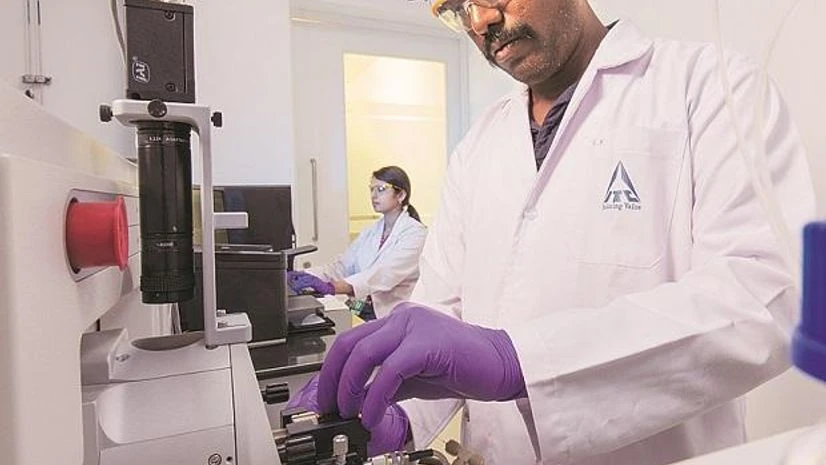A new draft policy on science and technology has proposed up to 25 percent lateral recruitment of scientists in related ministries.
The purpose is to attract domain experts who are needed in science-related ministries to handle issues related to emerging technologies and advancements, according to officials.
According to the draft Science Technology and Innovation Policy (STIP) 2020, these could be scientists with domain expertise in different fields either from autonomous institutions or the private field.
Lateral recruitment (minimum 25 percent) of professionals and subject matter experts will be mandated in all scientific ministries for a finite duration with comparable roles, responsibilities and empowerment to a regular official, the draft policy states.
Ashutosh Sharma, Secretary, Department of Science and Technology, said experts are needed in ministries as science progresses and new technologies emerge.
Also Read
In scientific ministries and departments when scientists are recruited, over a period of time, they are not able to practise science. Many a time, there are expert groups from outside the ministry or department that are formed for a specific field depending on the need, Sharma said.
The purpose behind the proposed lateral recruitment is to attract domain experts. "So, they can spend more time in the ministries/ departments and deal with subjects of their expertise, Sharma said.
In science-related ministries and departments, the position for the top post is mostly advertised. However, if the draft policy is accepted, this can lead to the lateral entry of experts at the mid-level.
Currently, domain experts can apply for posts in autonomous institutions of the scientific ministries.
The DST, along with the Office of Principal Scientific Adviser, started the process of formulating theSTIP2020 last year. The policy was to be out by the year-end but has been slightly delayed due to the coronavirus pandemic.
The draftSTIPhas been uploaded by the Department of Science and Technology (DST) on its website. The DST has also invited suggestions, inputs and comments for making changes by January 25.
Addressing reporters, Akhilesh Gupta, Head of the STIP Secretariat, said over 300 rounds of consultation took place while drafting the policy. More than one lakh emails were received during the drafting of the policy, he said.
There was a wide range of consultation that has taken place. The youngest person was a 10-year-old and the oldest was an 85-year-old. We also took great care to have at least one-third women scientists in every consultation we organised, Gupta added.
For the first time, the states as well the diaspora were consulted in making the science policy, he noted.
The entire process of drafting a policy was completed in a year, Gupta said.
(Only the headline and picture of this report may have been reworked by the Business Standard staff; the rest of the content is auto-generated from a syndicated feed.)

)
